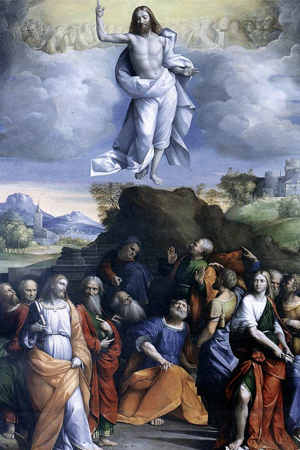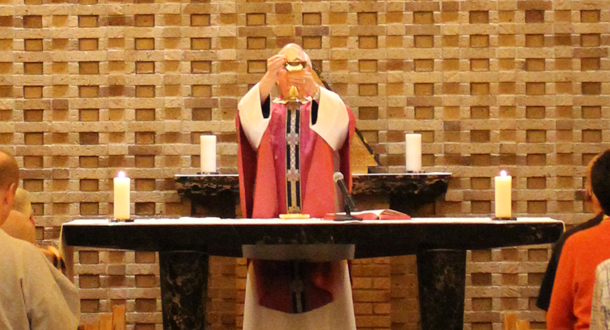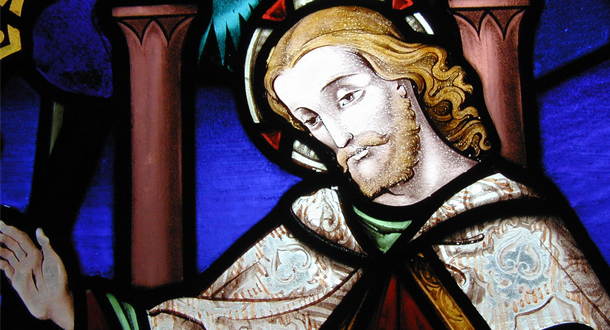
Scripture:
Reflection:
In Jesus’s prayers and discourses in John’s gospel, one can hear the early Christian community blending tradition, lived experience, and theologising together into the one faith-filled act of communal discernment and writing.
They express their ‘memory’ of Jesus as a ‘memorial’ – a living memory—and pray with him as he prays with and through them. The gospel emerges.
The words of the prayer express hope, faith, life and creed.
In prayerfully reading the text today, we can celebrate God’s gracious action in our world, the promise of eternal life, our capacity to know God through Jesus’s intercession, and the fact that we are eternally God’s loved ones.
Finally, we rejoice that we are God’s emissaries in the world. Let us take up our work and bring to life the mission we now share with Jesus.
Fr. Denis Travers, C.P., is the Provincial Superior of Holy Spirit Province, Australia.







